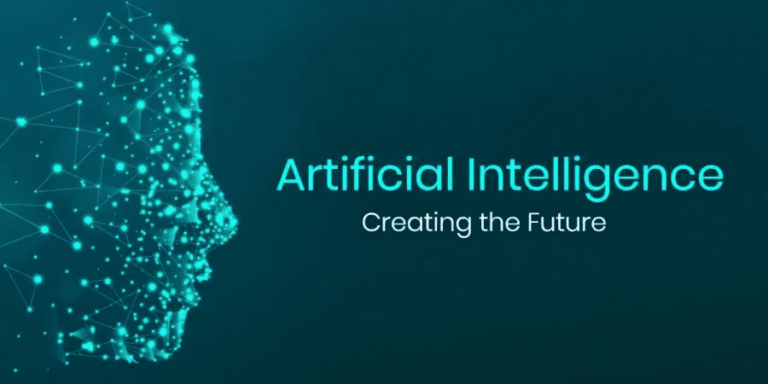About Artificial Intelligence
ChatGPT: Uses large language models (LLMs) to generate text in response to questions or comments posed to it.
Google Translate: Uses deep learning algorithms to translate text from one language to another.
Netflix: Uses machine learning algorithms to create personalized recommendation engines for users based on their previous viewing history.
Tesla: Uses computer vision to power self-driving features on their cars.
1. Reactive machines
Reactive machines are the most basic type of artificial intelligence. Machines built in this way don’t possess any knowledge of previous events but instead only “react” to what is before them in a given moment. As a result, they can only perform certain advanced tasks within a very narrow scope, such as playing chess, and are incapable of performing tasks outside of their limited context.
2. Limited memory machines
Machines with limited memory possess a limited understanding of past events. They can interact more with the world around them than reactive machines can. For example, self-driving cars use a form of limited memory to make turns, observe approaching vehicles, and adjust their speed. However, machines with only limited memory cannot form a complete understanding of the world because their recall of past events is limited and only used in a narrow band of time.
3. Theory of mind machines
Machines that possess a “theory of mind” represent an early form of artificial general intelligence. In addition to being able to create representations of the world, machines of this type would also have an understanding of other entities that exist within the world. As of this moment, this reality has still not materialized.
4. Self-aware machines
Machines with self-awareness are the theoretically most advanced type of AI and would possess an understanding of the world, others, and itself. This is what most people mean when they talk about achieving AGI. Currently, this is a far-off reality.
Pros and cons of Ai
Pros
Greater accuracy for certain repeatable tasks, such as assembling vehicles or computers.
Decreased operational costs due to greater efficiency of machines.
Increased personalization within digital services and products.
Improved decision-making in certain situations
Ability to quickly generate new content, such as text or images.
Cons
Job loss due to increased automation.
Potential for bias or discrimination as a result of the data set on which the AI is trained.
Possible cybersecurity concerns.
Lack of transparency over how decisions are arrived at, resulting in less than optimal solutions.
Potential to create misinformation, as well as inadvertently violate laws and regulations.

Comments
Post a Comment